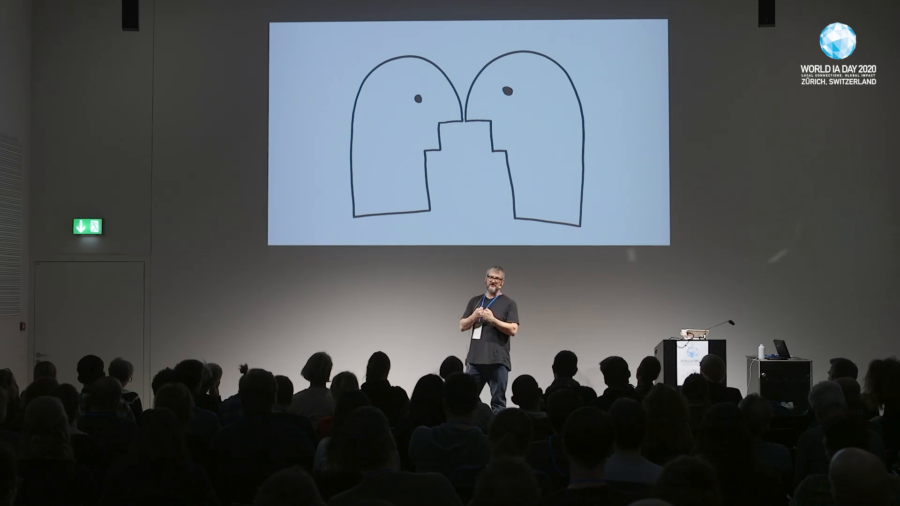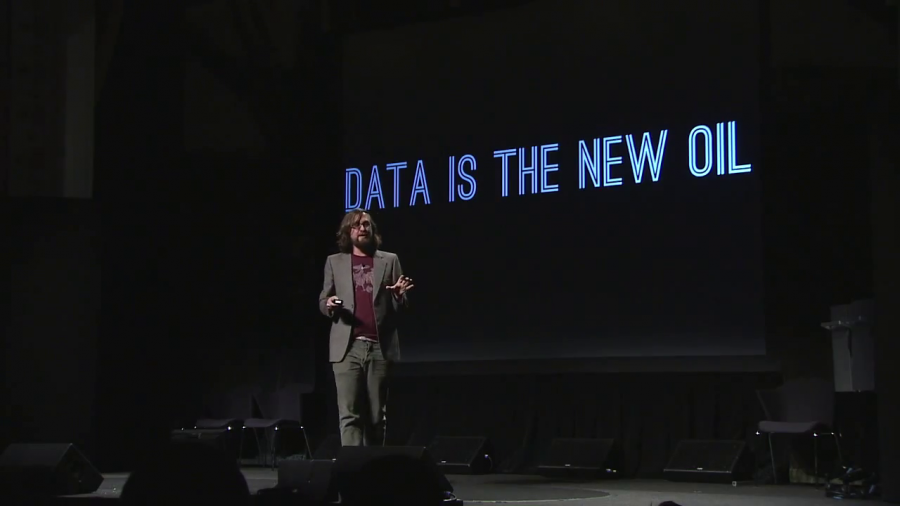We don’t have an unlimited number of innovations to keep pushing the hockey stick shape of growth forward. Each time we innovate and we push the end further ahead in time, it shortens the amount of time in total that we have to address complexity and problems. So this is…this is not good. I’m just gonna say it, this is not good.
Archive (Page 1 of 2)
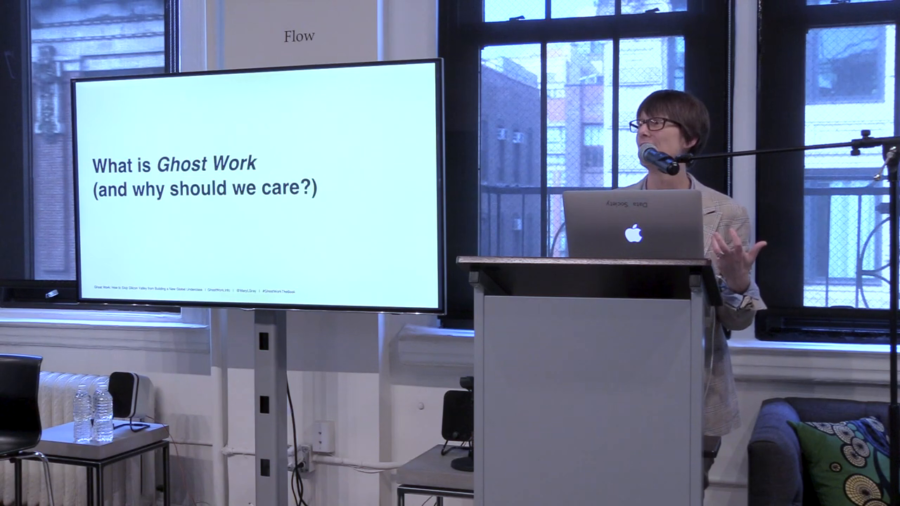
I’m just going to say it, I would like to completely blow up employment classification as we know it. I do not think that defining full-time work as the place where you get benefits, and part-time work as the place where you have to fight to get a full-time job, is an appropriate way of addressing this labor market.
There’s a lot of beautiful things. And I think if there’s one thing I’m most deeply disquiet about it’s…power. Why are we doing almost nothing about climate change? It’s because despite the fact that most people on earth and many government on Earth do, the oil corporations and the governments most closely allied to the oil corporations, notably ours, don’t want to do anything.
As the show advanced, we realized that there are a lot of people really really worried about the future, and they’re worried about big, big things. We’re talking things like inequality. We’re talking things like overconsumption of resources and environmental collapse. Social collapse. Community breakdown. General feelings of powerlessness against massive systems. And this seems to be universal.
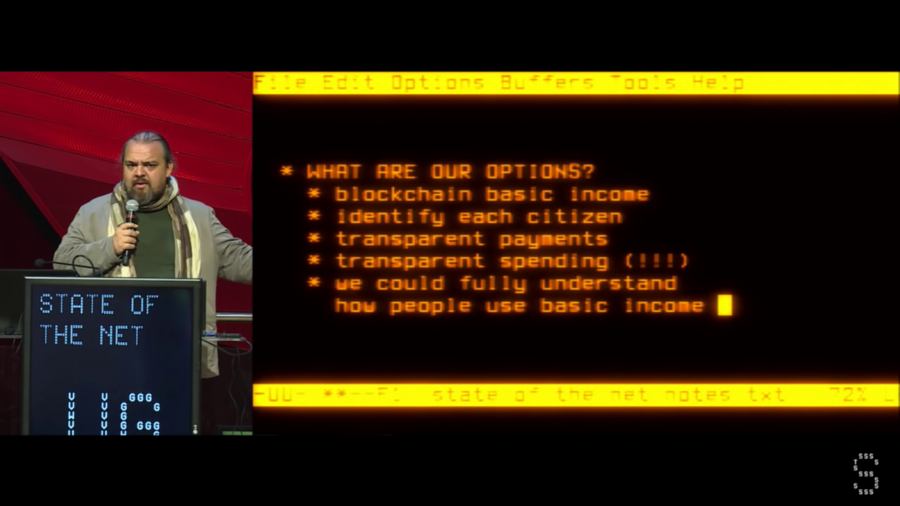
Everybody thinks of bureaucrats as being kind of a neutral force. But I’m going to make the case that bureaucrats are in fact a very strongly negative force, and that automating the bureaucratic functions inside of our society is necessary for further human progress.
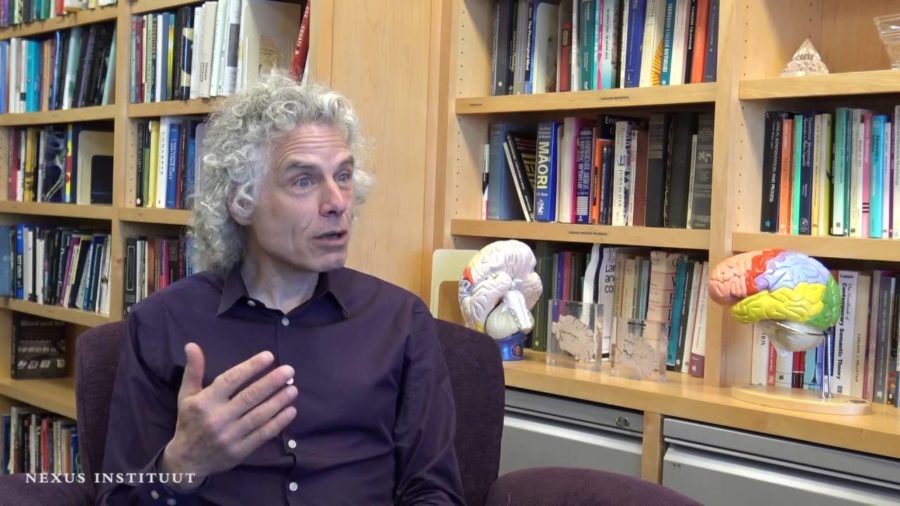
I don’t think that anything will save the world in the sense of bringing Utopia to Earth. But I think the world could be improved, and that would be the version of the question that I’m very much interested in.
Generally people don’t see the skirmishes that are always always always going on in the background to preserve where we are now in terms of laws against sex discrimination or laws that would promote sex equality. But compared to where we were when the ERA came out of Congress in 1972, we are very much better off in terms of equality of rights being guaranteed by the law, because so many laws that did discriminate on their face are off the books as a result of the struggle for the Equal Rights Amendment.
I think at a fundamental level I just believe in human agency. And I think that everyone should feel like they can participate and shape the economy, rather than feel like they’re experiencing symptoms of the economy. When the recession happened, there was all this chatter around well, the Fed is going to do this. Or the banks are going to do this. And government is going to do this. And there was no narrative around what people are going to do.
We don’t have a concept of balance. Not only do we not have a concept of balance, but we have a very distorted sense of social justice that has been reframed to justify a society that is fundamentally anchored around the concept of imbalance. The resources of the world cluster toward a handful of very very powerful countries, one country having an even greater share. In order to justify this greater share, it’s made them believe that this higher concentration of power is normal, and that anybody in all countries can have it, and that all countries should aspire for it.

